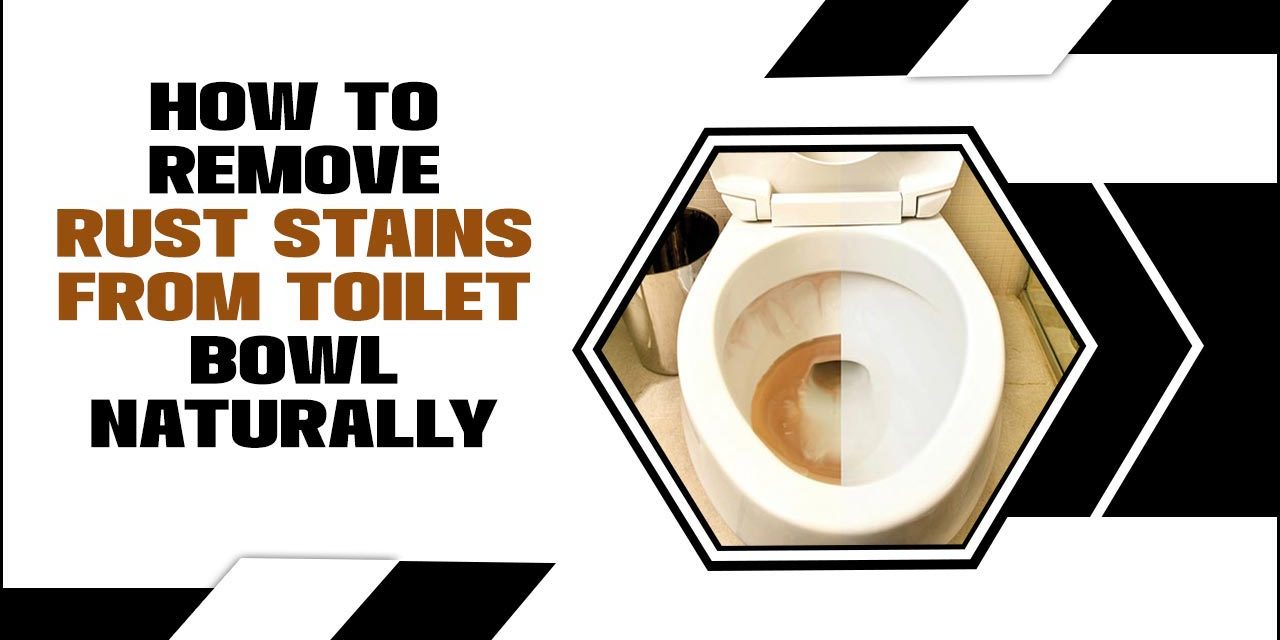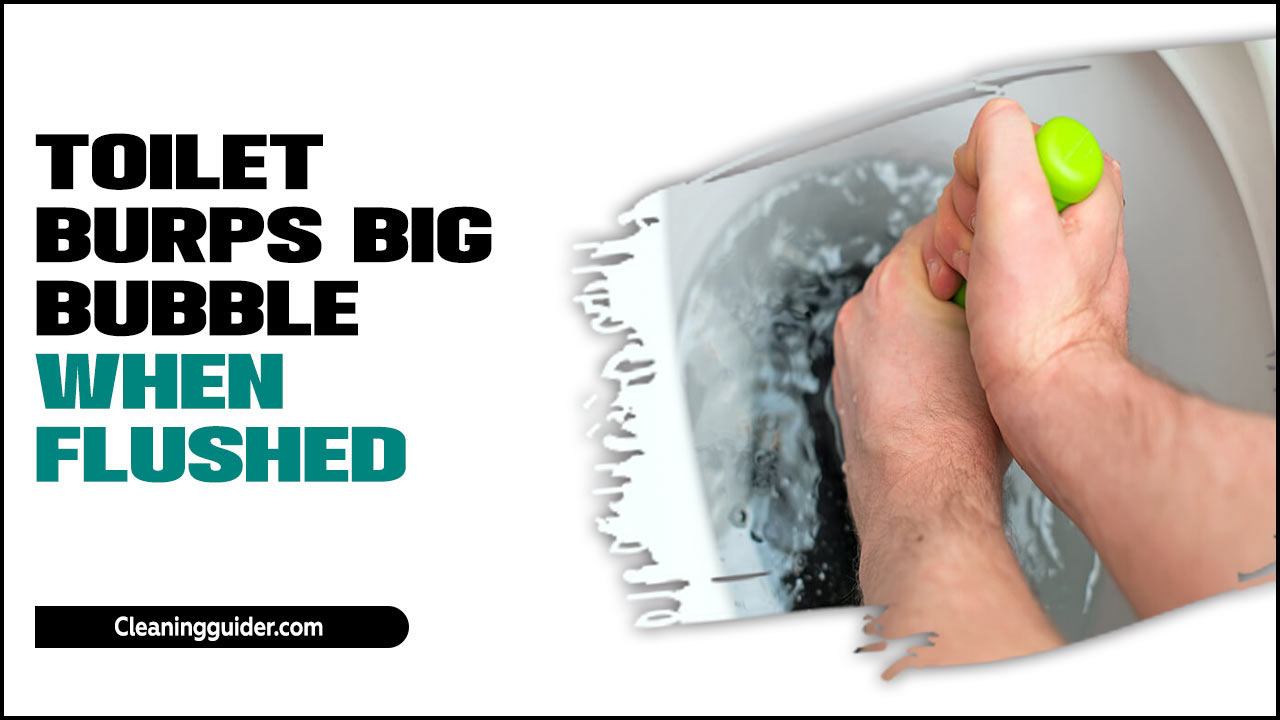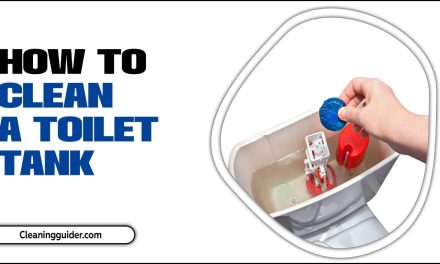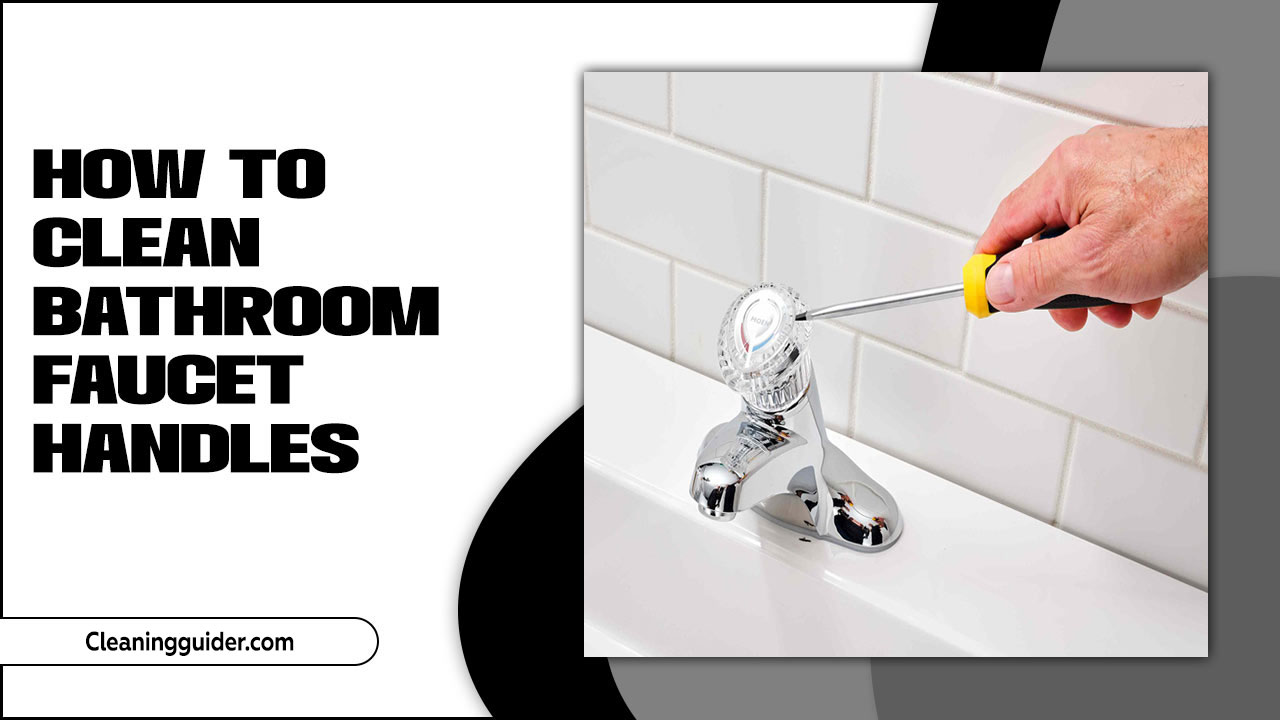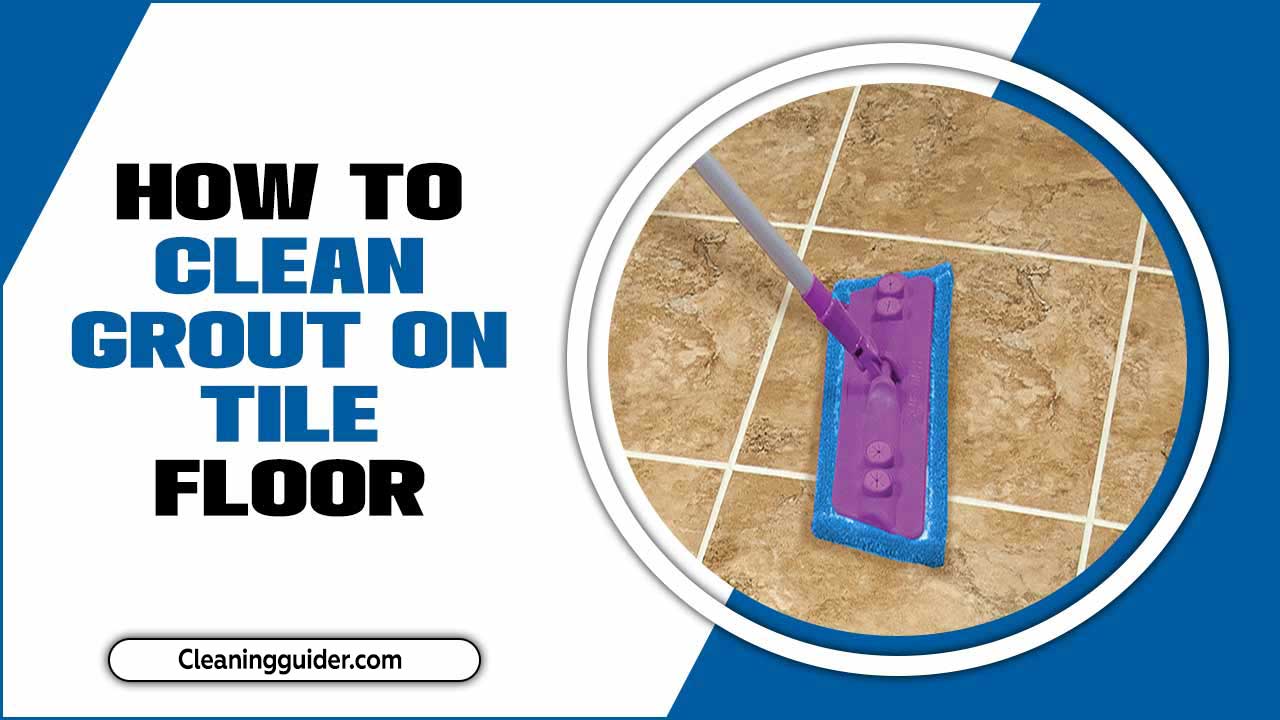Rust stains in the toilet bowl can be a frustrating and unsightly problem for many homeowners. Not only do they make the toilet look dirty and neglected, but they can also be difficult to remove with traditional cleaning products.
The use of harsh chemicals can be harmful not only to the environment but also to your health. However, with some simple and natural methods, you can effectively remove rust stains from your toilet bowl without any negative side effects.
Here, we will explore the top tips and tricks for how to remove rust stains from toilet bowl naturally. These methods are not only safe and eco-friendly but also highly effective in getting your toilet bowl back to its sparkling and pristine condition.
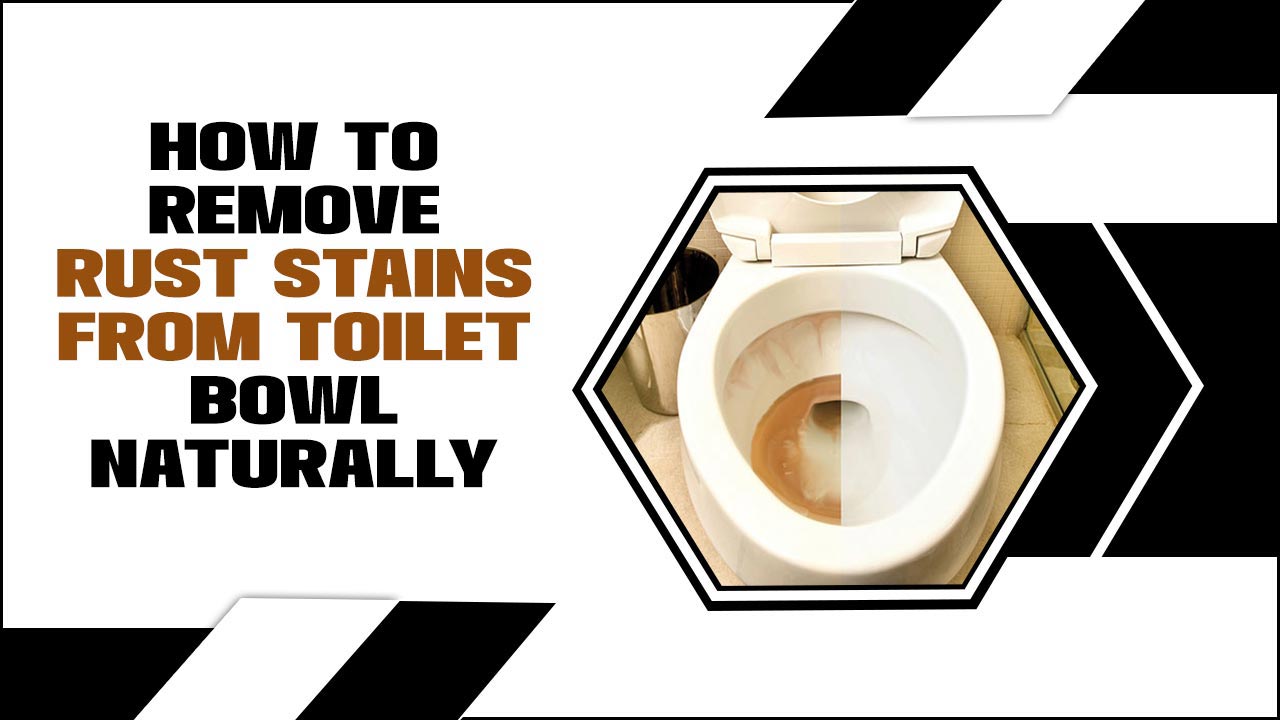
Identifying The Type Of Toilet Bowl Material
In identifying the type of material used in toilet bowls, there are several essential factors to consider. Understanding the composition of the toilet bowl material is crucial for various reasons, including maintenance, durability, and aesthetic purposes. One common type of toilet bowl material is porcelain, which is known for its smooth and glossy finish. To identify the type of material your toilet bowl is made of, you can follow these steps:
- Look For Any Markings: Check for any labels or markings on the toilet bowl that indicate the material it is made of. Manufacturers often provide this information for easy identification.
- Observe The Color And Texture: Different materials have distinct colors and textures. Porcelain toilet bowls are usually white or off-white and have a smooth surface. Plastic toilet bowls may have a shinier appearance and may be available in various colors. Ceramic toilet bowls may have a slightly rougher texture compared to porcelain.
- Tap The Bowl: Gently tap the toilet bowl with your knuckles. Porcelain and ceramic toilet bowls produce a clear and resonant sound, while plastic toilet bowls may produce a slightly duller sound.
- Check For Temperature: Touch the surface of the toilet bowl. Porcelain and ceramic tend to feel cooler to the touch, while plastic may have
How To Remove Rust Stains From Toilet Bowl Naturally – (6 Easy Ways)
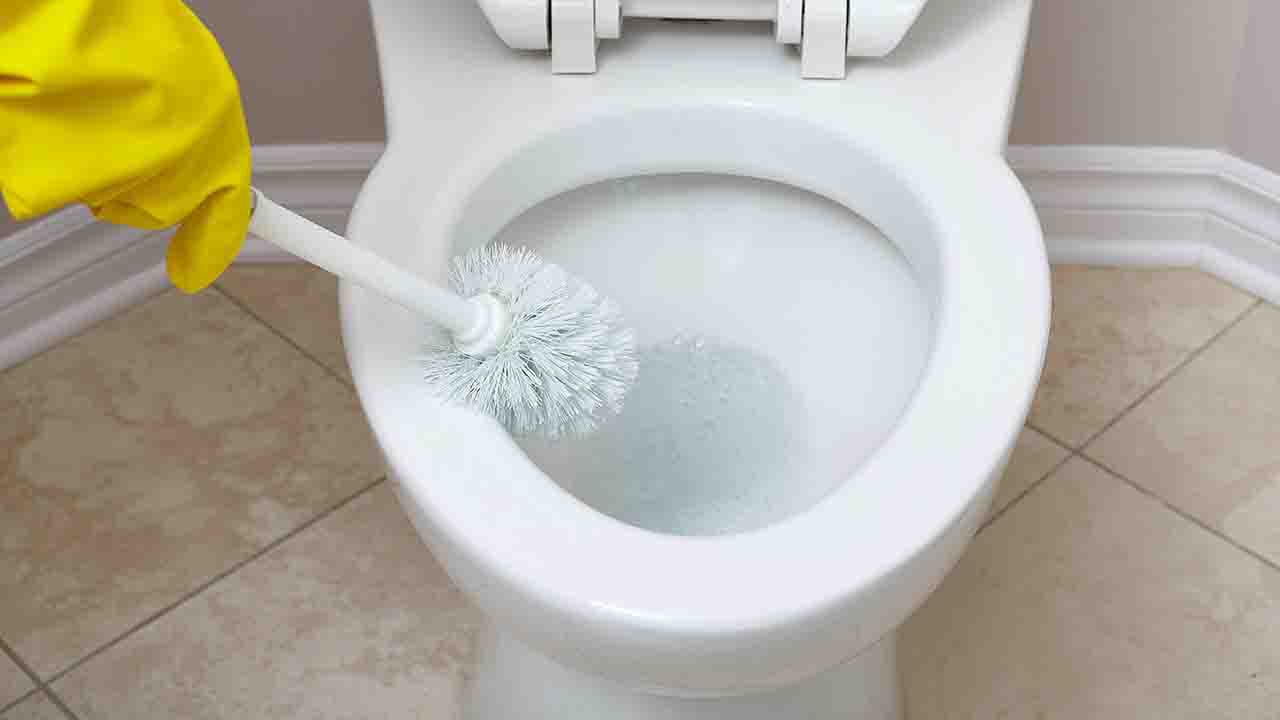
Here is a discussion on how to remove rust stains from toilet bowl naturally. In recent years, there has been a growing concern about the use of harsh chemicals and toxins in household cleaning products. As a result, many individuals are seeking alternative and more natural methods for cleaning various surfaces in their homes.
One common issue that homeowners encounter is the presence of stubborn rust stains in their toilet bowls. Rust stains not only mar the appearance of the toilet, but they can also be a challenge to remove effectively. However, several natural remedies can be utilized to tackle this problem successfully.
One effective method for removing rust stains from a toilet bowl naturally is the use of vinegar. Vinegar, a mild acid, has been recognized for its cleaning properties and can effectively dissolve rust stains. To use vinegar as a rust stain remover, one can pour a generous amount into the toilet bowl, making sure to cover the entire stained area. After allowing the vinegar to sit for a few hours, a toilet brush can be used to scrub away the loosened rust.
1. Lemon Juice And Borax
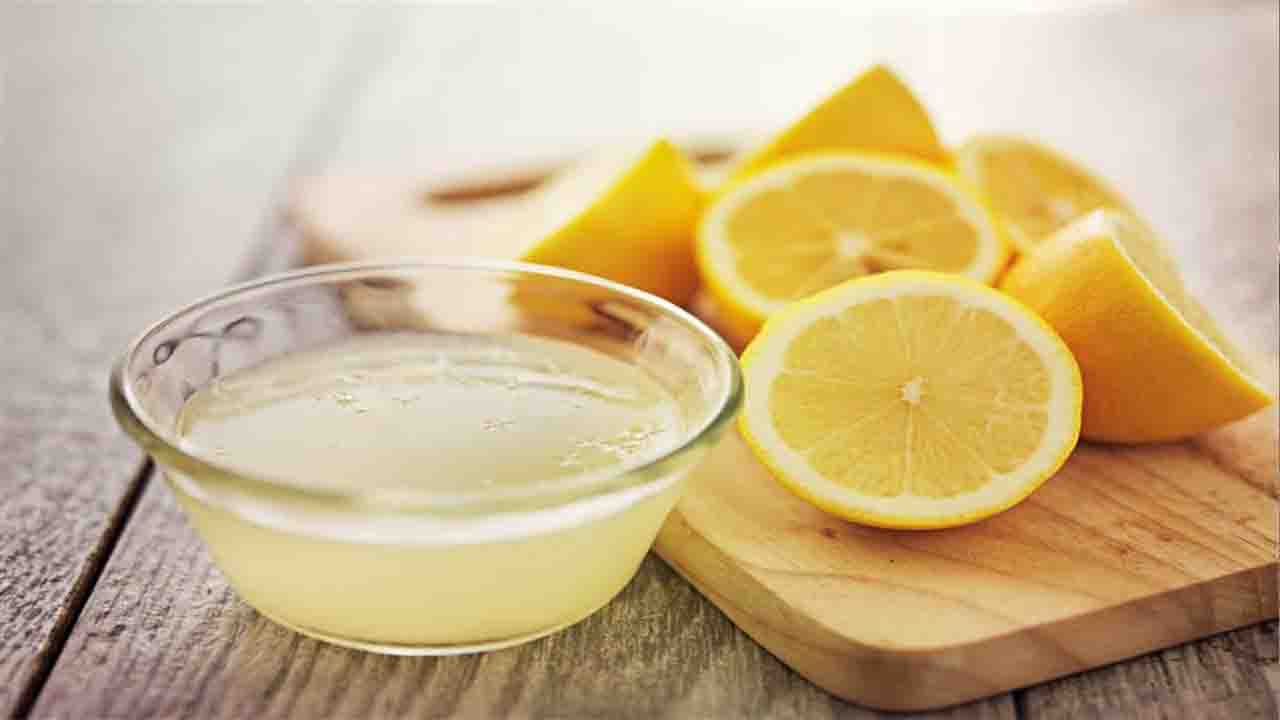
Lemon juice and borax are two effective natural ingredients that can be used to remove rust stains from a toilet bowl. Its high acidity acts as a natural bleaching agent and helps break down rust particles. It also leaves a refreshing citrus scent behind. On the other hand, borax, a mineral compound, is a powerful cleaner that can dissolve rust stains and inhibit their further formation.
To use lemon juice and borax to remove rust stains from a toilet bowl, you can start by squeezing the juice of a lemon directly onto the stained areas. Allow the juice to sit for a few minutes to penetrate the rust stains. Next, sprinkle a small amount of borax onto a damp cloth or sponge and scrub the affected areas. You can also create a paste by mixing lemon juice and borax and applying it directly to the stains. Let the paste sit for a while before scrubbing and rinsing the toilet bowl thoroughly.
2. Vinegar And Baking Soda
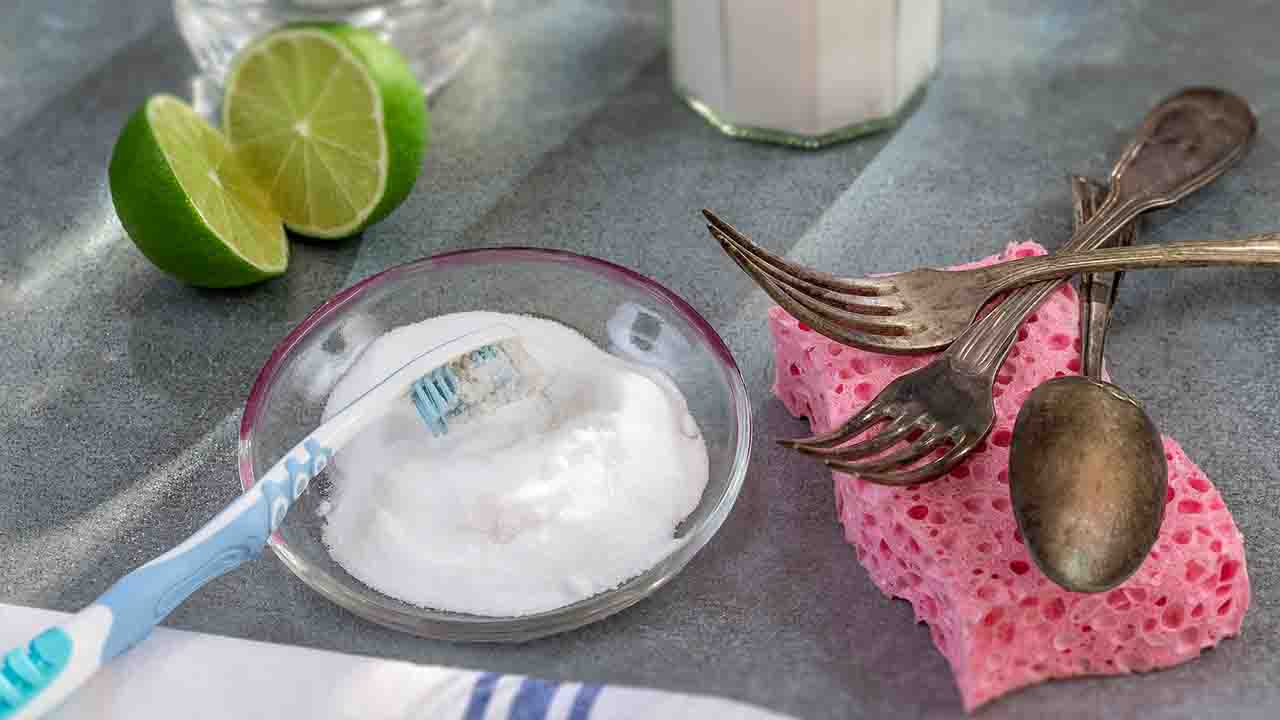
Vinegar and baking soda are two common household ingredients that can be used to remove rust stains from a toilet bowl naturally. It, specifically white vinegar, is a mild acid that helps break down rust and mineral deposits. It is known for its disinfecting and deodorizing properties. Baking soda, on the other hand, is a gentle abrasive that helps scrub away stains without scratching the surface.
To use vinegar and baking soda to remove rust stains from a toilet bowl, start by pouring a cup of vinegar into the bowl. Use a toilet brush to spread the vinegar around, ensuring it comes into contact with the rust stains. Let the vinegar sit for about 15 minutes to allow it to work on the stains.
Next, sprinkle baking soda onto the stains and use the toilet brush to scrub the surface gently. The combination of vinegar and baking soda will create a fizzing reaction, which helps loosen and lift the rust stains.
3. Coca-Cola
Pour Coca-Cola directly onto the rust stains and let it sit for a few hours or overnight. Scrub with a toilet brush and flush the toilet. Another natural method to remove rust stains from a toilet bowl is by using white vinegar. Start by pouring a generous amount of vinegar into the toilet bowl, making sure to cover the rust stains completely. Let the vinegar sit for a few hours or overnight to allow it to work its magic.
Then, use a toilet brush to scrub the stains, applying some pressure to remove the rust effectively. Finally, flush the toilet to rinse away the vinegar and any remaining rust stains. This method is effective and safe, as vinegar is a natural acid that can break down rust without causing any damage to the toilet bowl.
4. Hydrogen Peroxide And Cream Of Tartar
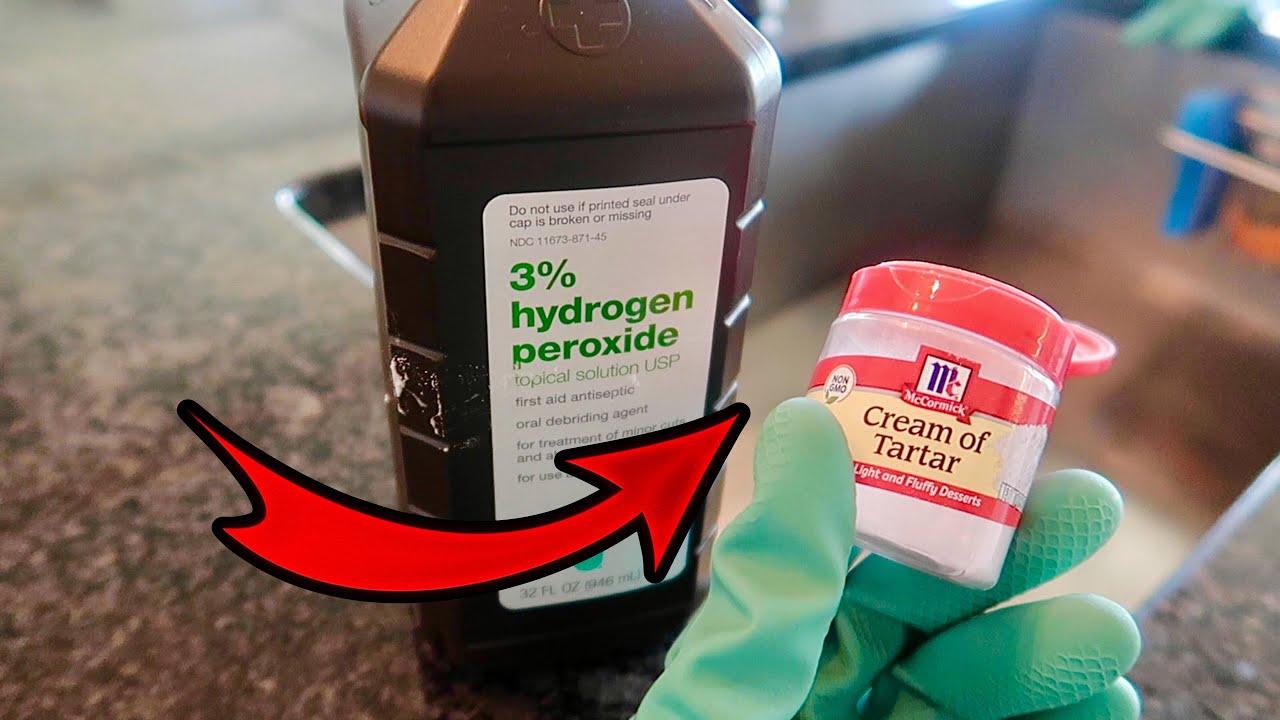
Mix hydrogen peroxide with cream of tartar to form a paste. Apply the paste to the rust stains and let it sit for about 30 minutes. Scrub and rinse thoroughly. Alternatively, you can use lemon juice and baking soda to remove rust stains from your toilet bowl effectively.
Start by squeezing fresh lemon juice onto the stained area and allow it to sit for a few minutes. Next, sprinkle baking soda directly onto the lemon juice, creating a fizzy paste. Use a toilet brush or scrubber to scrub the mixture into the stains gently.
Let it sit for about 15 minutes, then scrub again before flushing the toilet. This natural combination of lemon juice and baking soda works as a powerful rust remover and leaves your toilet bowl looking clean and stain-free.
5. Salt And Lemon
Lemon and salt are two natural ingredients that can be used to remove rust stains from a toilet bowl effectively. Salt acts as an abrasive agent that helps to scrub away the rust stains, while lemon juice contains citric acid, which helps to break down the rust.
To use this method, sprinkle a generous amount of salt onto the rust stains and let it sit for a few minutes. Then, cut a lemon in half and squeeze the juice onto the salt. Grab a toilet brush and scrub the stained areas until the rust stains start to fade away. Rinse the toilet bowl thoroughly with water to remove any residue.
This natural combination of salt and lemon is not only effective in removing rust stains, but it is also safe and environmentally friendly. Say goodbye to unsightly rust stains and hello to a clean and fresh toilet bowl.
Preventing Rust Stains In The Future
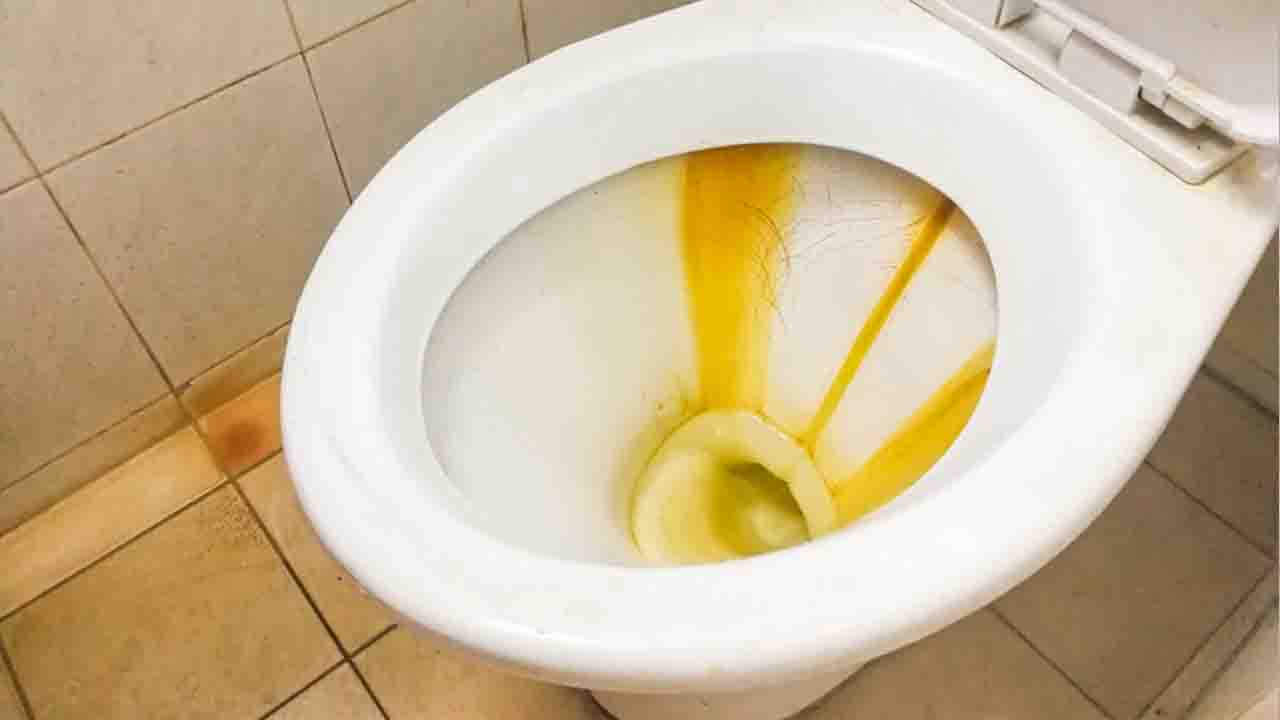
Preventing rust stains in the future is a critical concern for individuals and industries alike. Rust stains can not only be aesthetically displeasing but can also compromise the structural integrity of metal surfaces.
Therefore, it is imperative to adopt preventive measures to mitigate the occurrence of rust stains. One effective approach is to implement a comprehensive maintenance and inspection program. Preventing Rust Stains in the Future:
- Regular Cleaning: Maintain a regular cleaning schedule for your toilet bowl. This will help prevent the build-up of rust and other stains. Use a toilet bowl cleaner specifically designed to remove rust stains.
- Avoid Harsh Chemicals: Harsh chemicals can sometimes accelerate rust formation. When cleaning your toilet bowl, opt for natural cleaning solutions or mild cleaners that are safe for porcelain surfaces.
- Use A Rust-Resistant Toilet Bowl Cleaner: Consider using a toilet bowl cleaner that is formulated to prevent rust stains. These cleaners often contain ingredients like citric acid or phosphoric acid, which help dissolve rust and prevent its formation.
- Keep The Toilet Bowl Dry: Moisture can promote rust formation. After using the toilet, make sure to flush and dry the bowl properly. Wipe any excess water or moisture off the surface to prevent rust stains from developing.
- Regular Maintenance: Inspect your toilet bowl regularly for any signs of rust or corrosion.
How Do You Remove Hard Rust Stains From A Toilet?
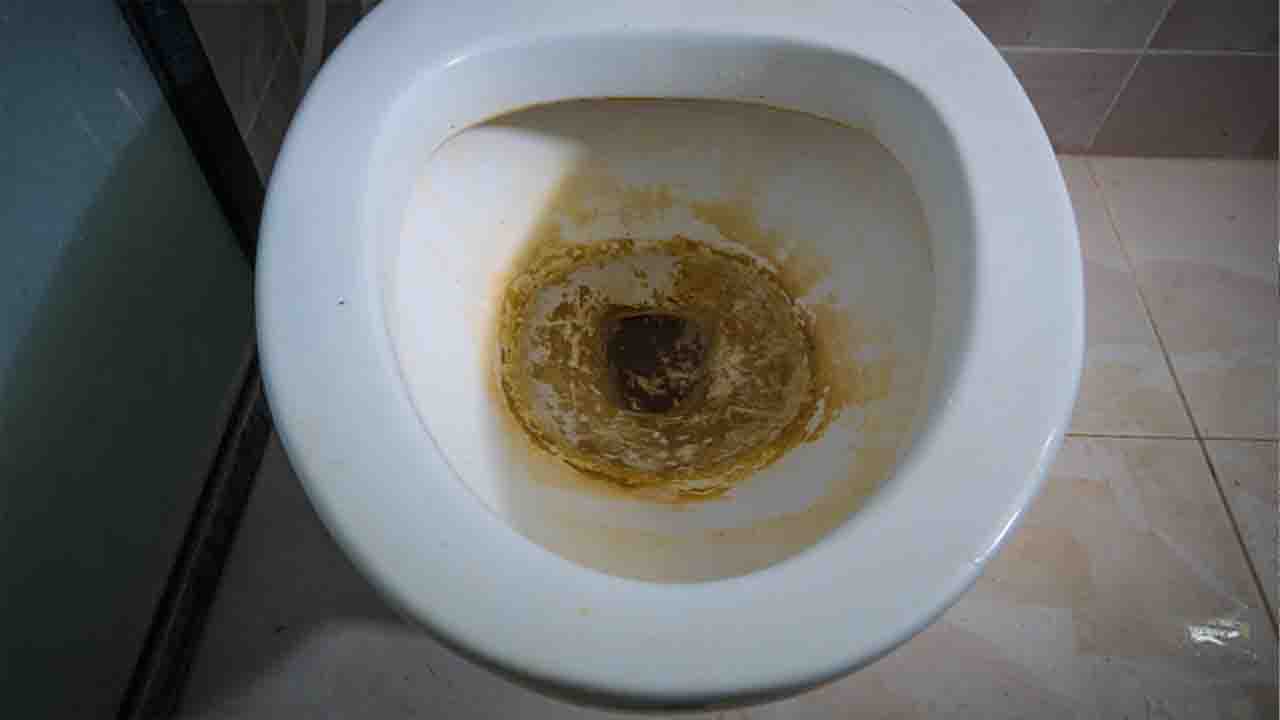
When faced with the persistent challenge of removing hard rust stains from a toilet, it is essential to employ effective strategies that not only eradicate the unsightly discoloration but also preserve the integrity of the porcelain surface. A common approach is to utilize acidic cleaning agents, such as vinegar or lemon juice, due to their ability to dissolve rust effectively.
These substances contain acetic acid, which acts as a powerful solvent that breaks down the iron oxide compounds responsible for the rust stains. To employ this method, one can pour a sufficient amount of vinegar or lemon juice directly onto the rust stains, ensuring that the affected areas are thoroughly saturated. After allowing the acid to sit for a few minutes, a toilet brush or scrubbing pad can be used to scrub the stains away gently.
What Is The Best Homemade Rust Remover?
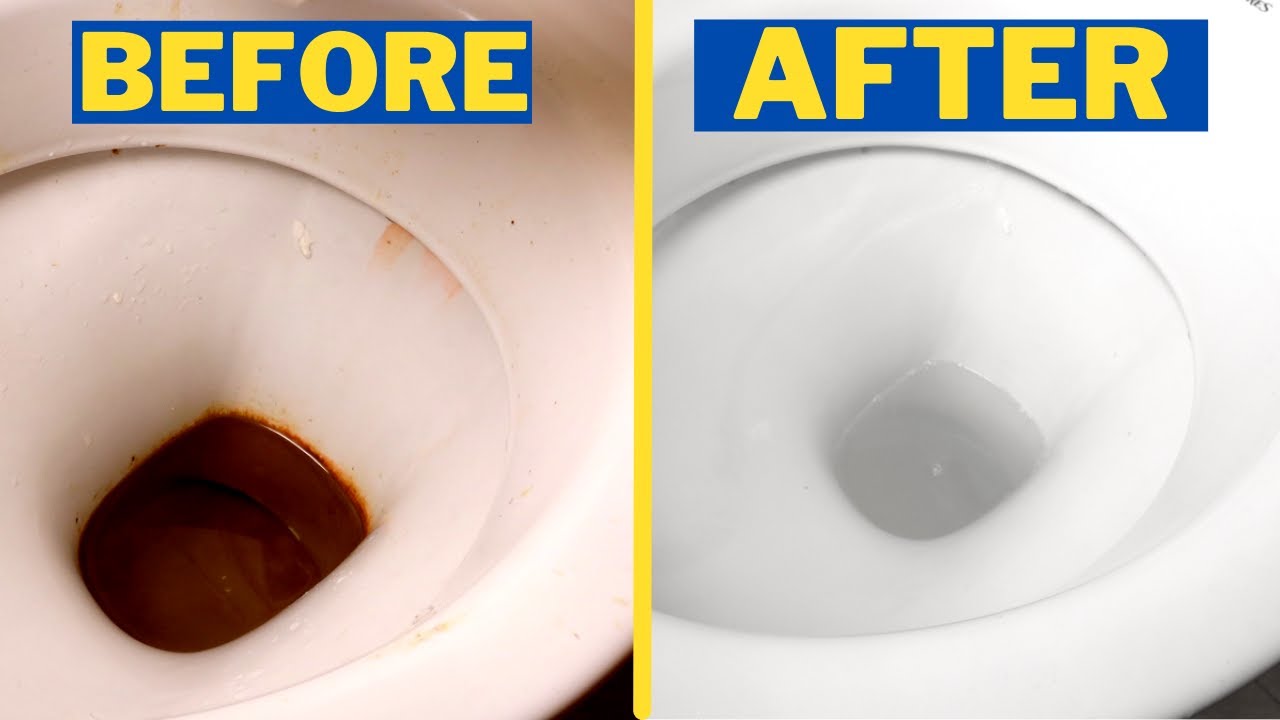
Many individuals seek out homemade remedies as a cost-effective and environmentally friendly alternative to commercial rust removers. The question then arises: what is the best homemade rust remover? Extensive research has been conducted to identify the most effective homemade solutions for rust removal. One frequently recommended recipe consists of a mixture of white vinegar and baking soda.
Vinegar, with its acetic acid content, acts as a mild acid that can dissolve rust. Baking soda, on the other hand, serves as an abrasive agent that aids in scrubbing away the rust. The combination of these two ingredients creates a potent rust-removing solution. Another popular homemade rust remover is lemon juice, which contains citric acid. The acidic nature of lemon juice helps break down rust particles, making them easier to remove.
Conclusion
Removing rust stains from a toilet bowl can be accomplished using natural ingredients and methods. One effective method is to use a mixture of vinegar and baking soda. Start by pouring a cup of vinegar into the toilet bowl and letting it sit for a few minutes. Vinegar is a natural acid that can help break down and dissolve rust stains.
Sprinkle a generous amount of baking soda over the vinegar, creating a foaming reaction. By utilizing household items such as vinegar, baking soda, and lemon juice, one can effectively remove rust stains without the use of harsh chemicals.
Additionally, regular cleaning and maintenance can prevent rust stains from forming in the first place. With these natural solutions, one can achieve a clean and rust-free toilet bowl without exposing themselves, their families, or the environment to harmful substances. We hope now you understand how to remove rust stains from toilet bowl naturally.
FAQ
1.What Natural Ingredients Can Be Used To Remove Rust Stains From A Toilet Bowl?
Ans: Lemon juice, vinegar, and baking soda are three natural ingredients that can effectively remove rust stains from a toilet bowl. Lemon juice contains citric acid, which can help break down the rust. Vinegar, specifically white vinegar, is acidic and can help dissolve rust stains. Baking soda is a mild abrasive that can be effective in scrubbing away rust stains.
2.How Do You Use Vinegar To Remove Rust Stains From A Toilet Bowl?
Ans: To use vinegar to remove rust stains from a toilet bowl, first, pour a few cups of white vinegar into the bowl, making sure to cover the stained area. Let the vinegar sit for several hours or overnight, allowing it to break down the rust. Then, scrub the toilet bowl with a toilet brush to remove the loosened rust stains. Finally, flush the toilet to rinse away the vinegar and any remaining rust particles. Repeat the process if necessary.
3.Are There Any Specific Precautions Or Safety Measures To Consider When Using Natural Methods To Remove Rust Stains From A Toilet Bowl?
Ans: When using natural methods to remove rust stains from a toilet bowl, it is important to take some precautions. Firstly, make sure to wear gloves to protect your hands from any potentially harsh chemicals. Secondly, ensure proper ventilation in the bathroom by opening a window or using a fan, as some natural cleaning solutions may produce fumes.
4.Can Lemon Juice Effectively Remove Rust Stains From A Toilet Bowl?
Ans: Yes, lemon juice can effectively remove rust stains from a toilet bowl. The citric acid in lemon juice helps break down the rust, making it easier to remove. Squeeze lemon juice onto the rust stain, let it sit for a few hours, then scrub with a toilet brush to remove the stain.
5.Are There Any Alternative Natural Methods To Remove Rust Stains From A Toilet Bowl Besides Vinegar And Lemon Juice?
Ans: Yes, there are alternative natural methods to remove rust stains from a toilet bowl. One option is using a mixture of baking soda and hydrogen peroxide. Create a paste by combining the two ingredients and applying it to the rust stains. Let it sit for a while, then scrub and rinse. Another option is using a pumice stone. Wet the stone and gently scrub the rust stains until they disappear.

